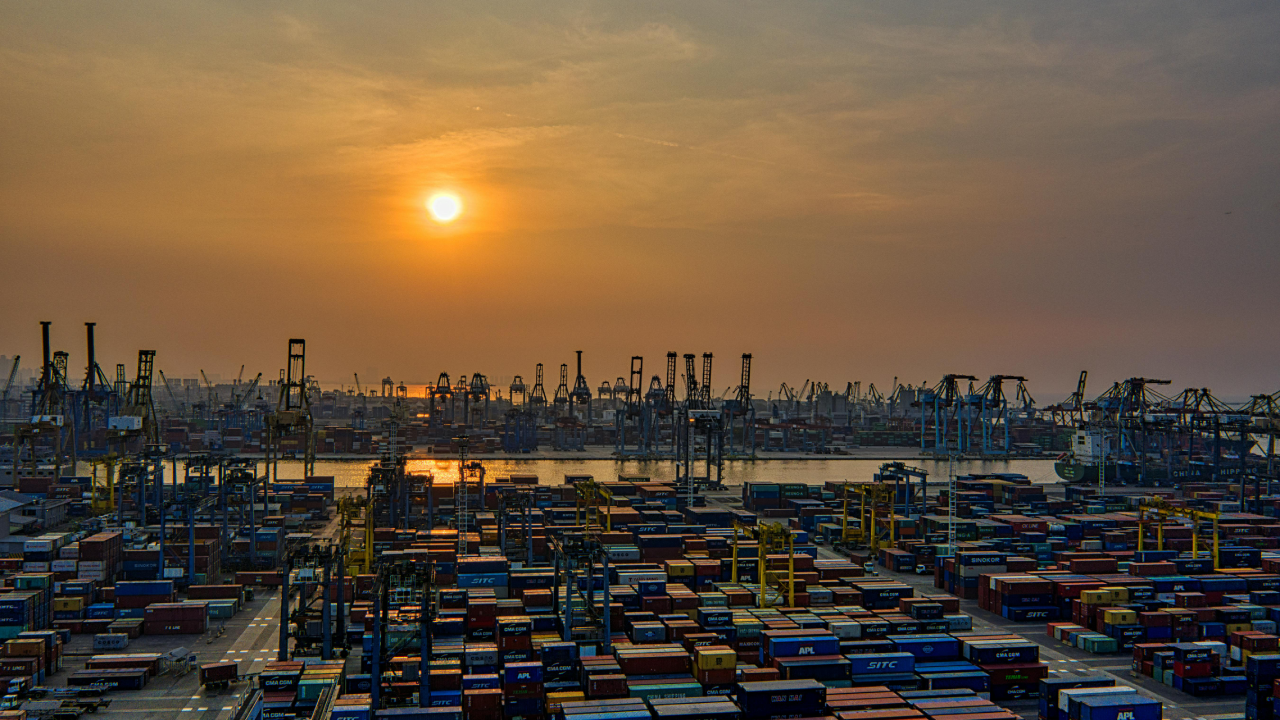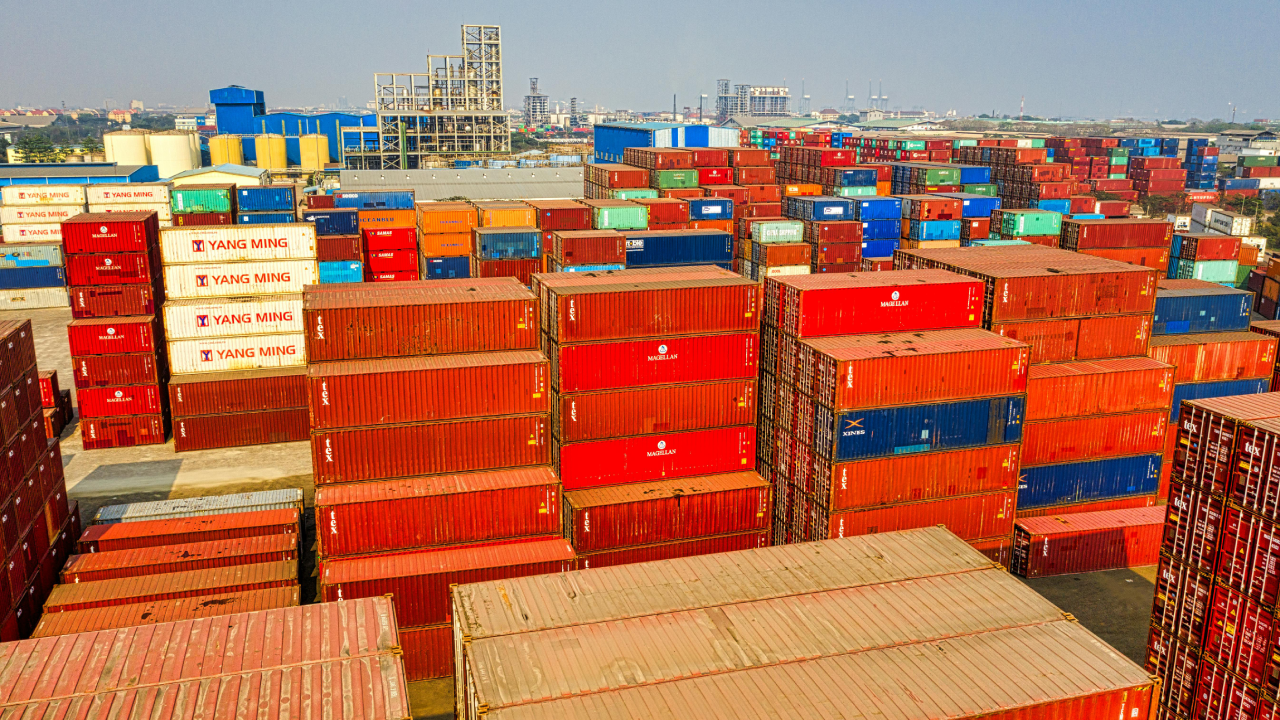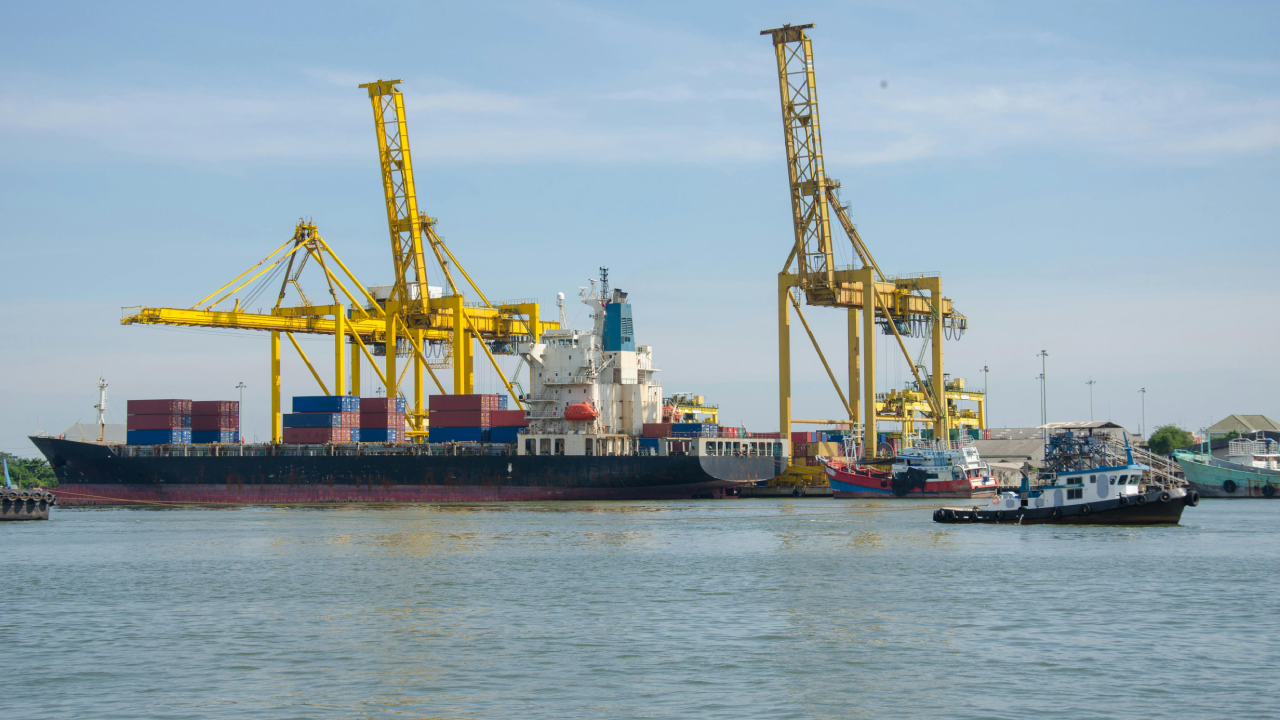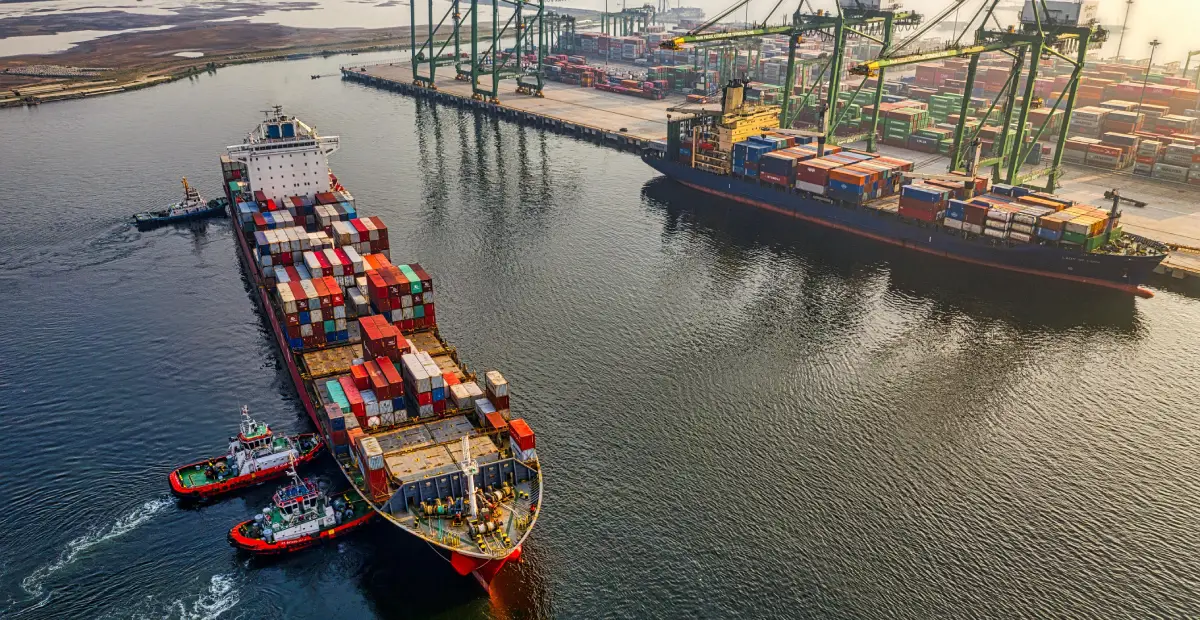Silk Road Logistics — The Modern Transit Bridge Between Europe and Asia
The concept of Silk Road Logistics has transformed from an ancient caravan route into a global multimodal transport network connecting China, Central Asia, the Caucasus, and Europe.
At the heart of this network lie Georgia and Azerbaijan, forming a seamless land bridge between the Caspian Sea and the Black Sea.
The transit route through Azerbaijan and Georgia provides a fast, reliable, and cost-efficient alternative to maritime transport via the Suez Canal — cutting delivery times by nearly half.
With growing infrastructure, world-class ports in Baku, Poti, and Batumi, and strong operators like Sofmar Forwarding & Logistics, this corridor is becoming the backbone of Eurasian freight movement.
The Middle Corridor — The Backbone of Silk Road Logistics

The Trans-Caspian International Transport Route (TITR) — also known as the Middle Corridor — links the economic centers of East and West:
China – Kazakhstan – Caspian Sea – Azerbaijan – Georgia – Turkey – Europe.
It integrates:
-
Sea transport across the Caspian,
-
Rail freight via the Baku–Tbilisi–Kars railway,
-
Road transport across the South Caucasus.
Compared to the northern route, the Middle Corridor is shorter, politically stable, and expanding rapidly through joint investment from the EU, Turkey, and China.

Azerbaijan and Georgia — Core Hubs of the Modern Silk Road
Azerbaijan: Gateway of the Caspian Region
The Port of Baku (Alat) is the largest and most advanced multimodal hub on the Caspian Sea.
It connects Central Asia (Kazakhstan, Turkmenistan) to the Caucasus and Europe, with an annual handling capacity of over 15 million tons and 100,000 TEU, expected to rise to 25 million tons and 500,000 TEU.
It’s also a central node of the Baku–Tbilisi–Kars railway, ensuring smooth integration with Turkey and the EU markets.
Georgia: The Black Sea Gateway of Eurasia
The Ports of Poti and Batumi serve as the western gateways of the Silk Road.
They handle containerized, bulk, and liquid cargo and connect directly to Azerbaijan via modern highways and rail.
From these ports, cargo flows toward:
-
Varna, Constanța, Istanbul, Thessaloniki (Black Sea / Mediterranean)
-
Kazakhstan, Uzbekistan, China (via Baku)
Together, Baku, Poti, and Batumi form a synchronized corridor enabling efficient east–west logistics.

Sofmar Forwarding & Logistics — Full-Cycle Silk Road Solutions
Sofmar Forwarding & Logistics specializes in international multimodal freight transport across Georgia, Azerbaijan, and Central Asia, managing the full chain of cargo movement — from container shipping to customs brokerage and door-to-door delivery.
Silk Road Logistics Services by Sofmar
1. Container Shipping
-
FCL (Full Container Load) – exclusive use of container
-
LCL (Less-than-Container Load / Groupage) – consolidated shipments
-
Reefer Logistics – temperature-controlled freight
-
Special Equipment – handling of oversized / overweight cargo via Batumi and Poti ports
2. Railway Freight
-
Regular trains on the route China – Kazakhstan – Azerbaijan – Georgia – Europe
-
Bulk and project cargo transport via Baku–Tbilisi–Kars railway
-
Multimodal connections between Baku Port and Black Sea ports
3. Road Freight
-
FTL (Full Truck Load) and LTL (Less Truck Load) services
-
Container, tent, dump, and open platform trucks
-
Door-to-door deliveries across Caucasus and Central Asia
4. Project & Heavy Lift Cargo
-
Oversize and overweight cargo transport
-
Port handling with cranes, trailers, and permits
-
Route surveys, customs coordination, and full-scale logistics planning
5. Customs Brokerage & Warehousing
-
Customs clearance in Georgia and Azerbaijan
-
Bonded and open warehouses near Batumi, Poti, and Baku ports
-
Export/import documentation and freight forwarding services
Estimated Delivery Times Along the Silk Road Corridor
| Route | Sea Freight | Rail Freight | Road Freight |
|---|---|---|---|
| China → Azerbaijan (via Caspian) | 25–30 days | 12–15 days | 10–12 days |
| China → Georgia (via Kazakhstan & Baku) | 28–32 days | 14–16 days | 12–14 days |
| China → Turkey (via Baku–Tbilisi–Kars) | 30–35 days | 16–18 days | 13–15 days |
| China → Europe (Germany / Poland) | 35–40 days | 18–22 days | 15–18 days |
| Kazakhstan → Georgia (via Azerbaijan) | 10–12 days | 6–8 days | 5–6 days |
| Uzbekistan → Georgia / Turkey | 12–14 days | 7–9 days | 6–8 days |
| Europe → Azerbaijan | 30–35 days | 15–17 days | 12–14 days |
| Georgia → Central Asia | 10–12 days | 7–8 days | 6–7 days |
| Turkey → Azerbaijan (via Georgia) | 6–8 days | 3–4 days | 2–3 days |

Advantages of the Silk Road Corridor
-
Faster Transit: China–Europe in 15–20 days instead of 40–45 by sea.
-
Reliability: Stable multimodal routes, unaffected by maritime congestion.
-
Flexibility: Multiple transport options (sea, rail, road).
-
Sustainability: Reduced CO₂ emissions and digitalized cargo tracking.
-
Government Support: Active infrastructure investment in ports and railway networks.
Future Outlook — A Sustainable, Digital Silk Road
The future of Silk Road Logistics lies in green transport, digital integration, and smart infrastructure.
Both Georgia and Azerbaijan are investing heavily in renewable energy use in ports, advanced cargo tracking, and one-window customs systems.
As a result, the Middle Corridor is rapidly becoming one of the world’s most efficient and sustainable trade routes.
Silk Road Logistics is not just a trade route — it’s a strategic network uniting continents.
Through the collaboration of Baku, Batumi, and Poti ports, efficient rail corridors, and experienced logistics partners such as Sofmar Forwarding & Logistics, global trade between Europe and Asia becomes faster, smarter, and more secure.
For companies seeking reliable transit solutions across Eurasia, the Silk Road route is the highway to the future.
Our agency’s office is located in the port of Poti at the address: Alley April 9, No. 30/39, Poti, Georgia.
If you need logistics, sea freight forwarding in Poti, please call our office: +995 493 22-02-66